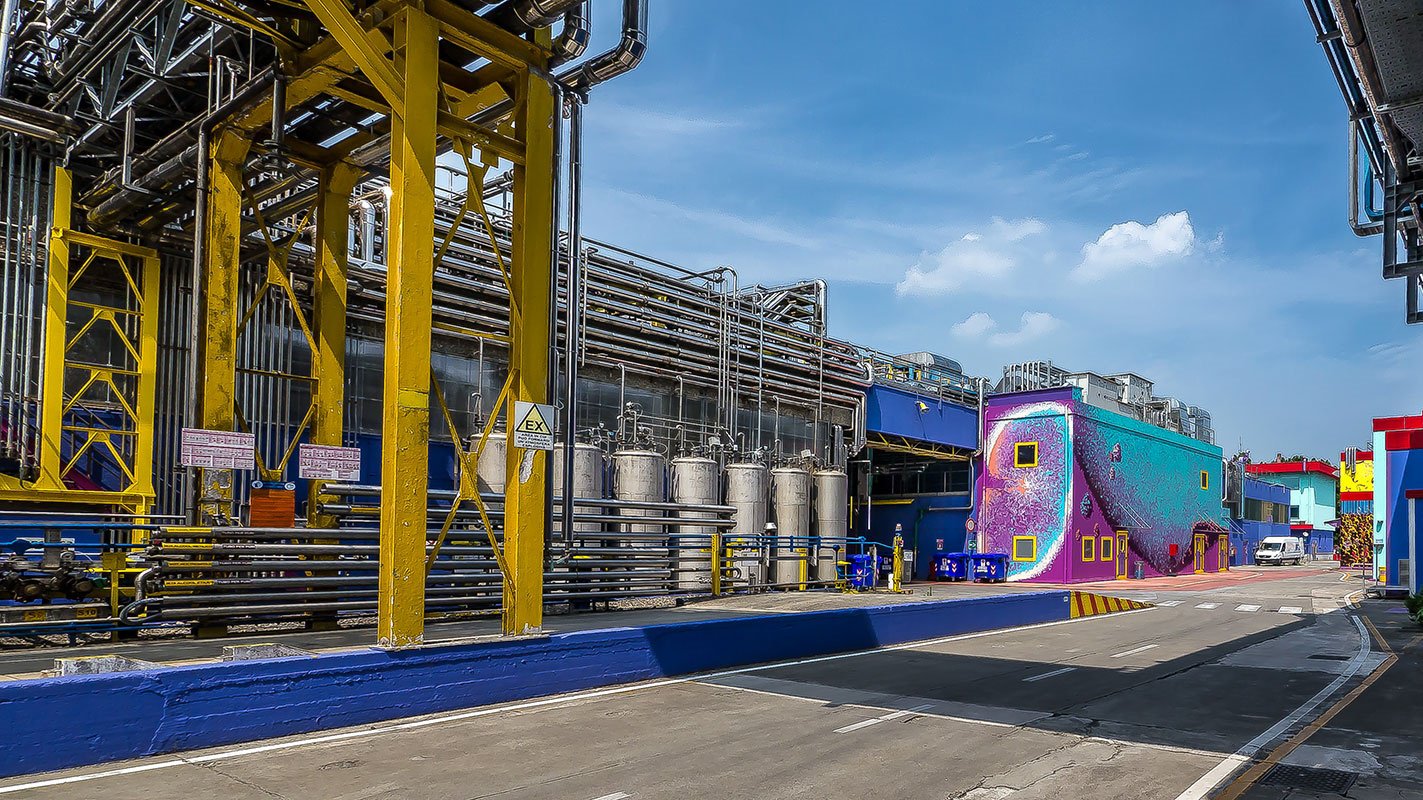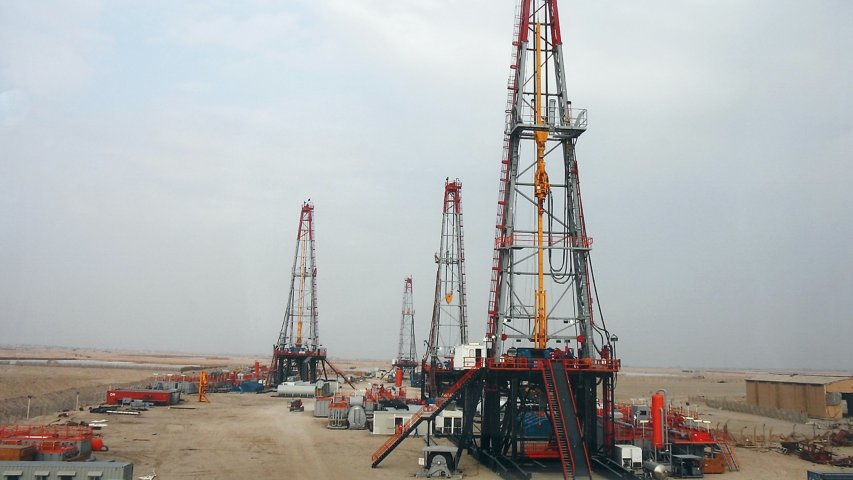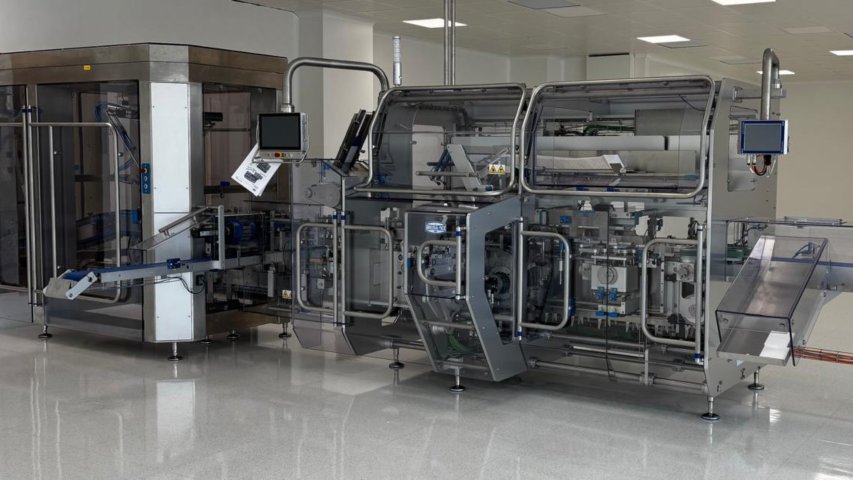The word “innovation” generally suggests a disruptive event and a break with the past. But this is not always the case. More and more often in the world of industrial automation, the revamping of existing systems represents an opportunity for advanced technological evolution. Likewise, the analysis of the pre-existing situation of a company serves as the starting point for the design of a new plant. This was the case with the new facility at ACS Dobfar, an Italian chemical-pharmaceutical company that has been developing and producing biotechnological products since 1973.
ACS Dobfar manufactures and sells its own line and third-party range of sterile products, specialized medical products, raw materials, and semi-processed products in its 11 factories in Italy and through several subsidiaries located around the world.
The company employs around 1500 employees in Italy, including 600 at the main site in Tribiano (Milan). "Our main market is the United States," says Silvio Ercoli, Automation Manager of API sites at ACS Dobfar.
Future-oriented and innovative, the company has recently expanded and modernized its plants by investing heavily in new technologies, including many automation solutions from Rockwell Automation.
The role of ThinManager®
Collaboration with Rockwell Automation began in 2015, when a pilot project aimed at revamping a synthesis department was launched. "We found that the solution and the technology provided to us, even if not yet available at that time, were valid and interesting in the medium term," continues Ercoli. "So we decided to focus on Rockwell Automation technologies for all new projects, trying to influence our packaging suppliers to use them as well, in order to gain full compatibility with our infrastructures."
"In planning for a new department, we started with the idea of modifying the old client management system by introducing Rockwell Automation technology," Ercoli says.
"In our departments we had a very large number of physical clients that grew continually, so we decided to start utilizing virtualization based on Rockwell Automation technology with the implementation of dedicated servers from Stratus Technologies," explains Cristian Speranza, Automation & Software Engineer at ACS Dobfar.
"However, when we looked at the new department, we realized that this continued growth of virtual machines was creating issues. Aging physical clients and operating systems were also a problem. Furthermore, if multiple vendors used the new plant without the ability to integrate them under the same Scada, we risked to use multiple applications," continues Speranza.
Client management strategy was therefore revised using ThinManager in order to achieve greater flexibility and be able to integrate all Rockwell Automation applications (including third-party skids) or those from other vendors into the system. The goal was the ability to manage multiple applications on the same client by switching ThinManager pages, and optimizing and simplifying the system to ensure that there were no problems with technology integration and, as a result, to reduce costs.
"The direction we chose was virtualization," says Cristian Speranza. "To that end, we created a virtual machine architecture with dedicated servers".
Thanks to ThinManager, the handling of physical clients has been eliminated. "As ThinManager updates its firmware periodically and is always up to date, we are sure of using software that is always secure, and we rely on a single Scada container that allows the department to manage multiple plants, including the water conditioning process, the steam generator, the freeze dryer...," adds Speranza. "This has also allowed us to have different instances of Factory Talk viewable on the same client, an option that is absolutely unattainable with other applications."
Redundant Virtualization
The new architecture was designed with a focus on redundancy. "In addition to the physical servers, virtualization is also redundant, with a primary and a secondary Scada server," Speranza explains. The same principle has also been applied to the client side, with a primary and a secondary server acting as clients. "It's very easy to switch between servers, because ThinManager handles the servers that the clients need to connect to, maintaining 100 percent uptime at all times, even during maintenance."
ACS Dobfar is also planning to test ThinManager on a non-Rockwell Automation system, as the software is platform-agnostic.
"We have been testing the mobile infrastructure with Scada visualization on smartphones and found that it was not only very simple to use it, but also provided the advantage of having multiple Scadas on the same device, as in the case of the department in question," says Ercoli. Future developments will include the integration of cameras in the automation system.
"One of the goals we would like to achieve is the ability to reach multiple departments via mobile devices with a single application, using ThinManager as a gateway," Speranza adds. "We would then have a ThinManager dedicated to the mobile infrastructure and independent from the one dedicated to production, including a separation of the servers for safety purposes."
"Many features of the system have yet to be tested, but system users are beginning to see the benefits and are asking for new features," Ercoli points out. "We are continuing to improve and grow, with an ongoing evolution of the application."
Conclusion
All the automation technology used in the department, and in most of the ACS Dobfar plants, is provided by Rockwell Automation - from PLCs and drives to remote I/O - all managed by a high-performance control system. Thanks to Rockwell Automation's modern PlantPAx DCS, it was possible to standardize all the process engineering at all the plants based on a new scalability model that made it possible to integrate all the process skids with the same control and visualization technology.
Collaboration with Rockwell Automation was based on reliability, competent technical and sales support, and innovative solutions. "We are very satisfied with Rockwell Automation technologies, especially the ease of implementation and the absence of integration problems with other suppliers' technologies," Ercoli concludes.
The resulting benefits have been extensive. For example, by standardizing the use of Rockwell Automation libraries, all areas of the company can communicate in a straightforward manner. There has also been a problem-solving advantage, facilitated through the use of a well-known technology while simultaneously centralizing inventory management at all ACS Dobfar plants.
And finally, we recognized that a U.S. supplier such as Rockwell Automation could offer greater assurance for the company's core market.



